ILSOYADVISOR POST
Soybeans as a Cover Crop
Father’s Day was just over a week ago, and since we couldn’t be in the fields, I invited my dad to join us for supper to catch up on things from home. Talk inevitably turned to the crops and #plant19. My dad was born in the late summer of 1934. He has farmed all his life, by my estimation if we assume his first cropping season was when he was fifteen, he’s seen 69 crops. Dad looked me in the eye and said, “I’ve never seen a year like this.” That’s powerful. This season has been like nothing anyone living has ever experienced. That says to me that all of us had better start thinking unconventionally about how we can deal with the remainder of 2019 and prepare the soil and ourselves for the seasons yet to come.
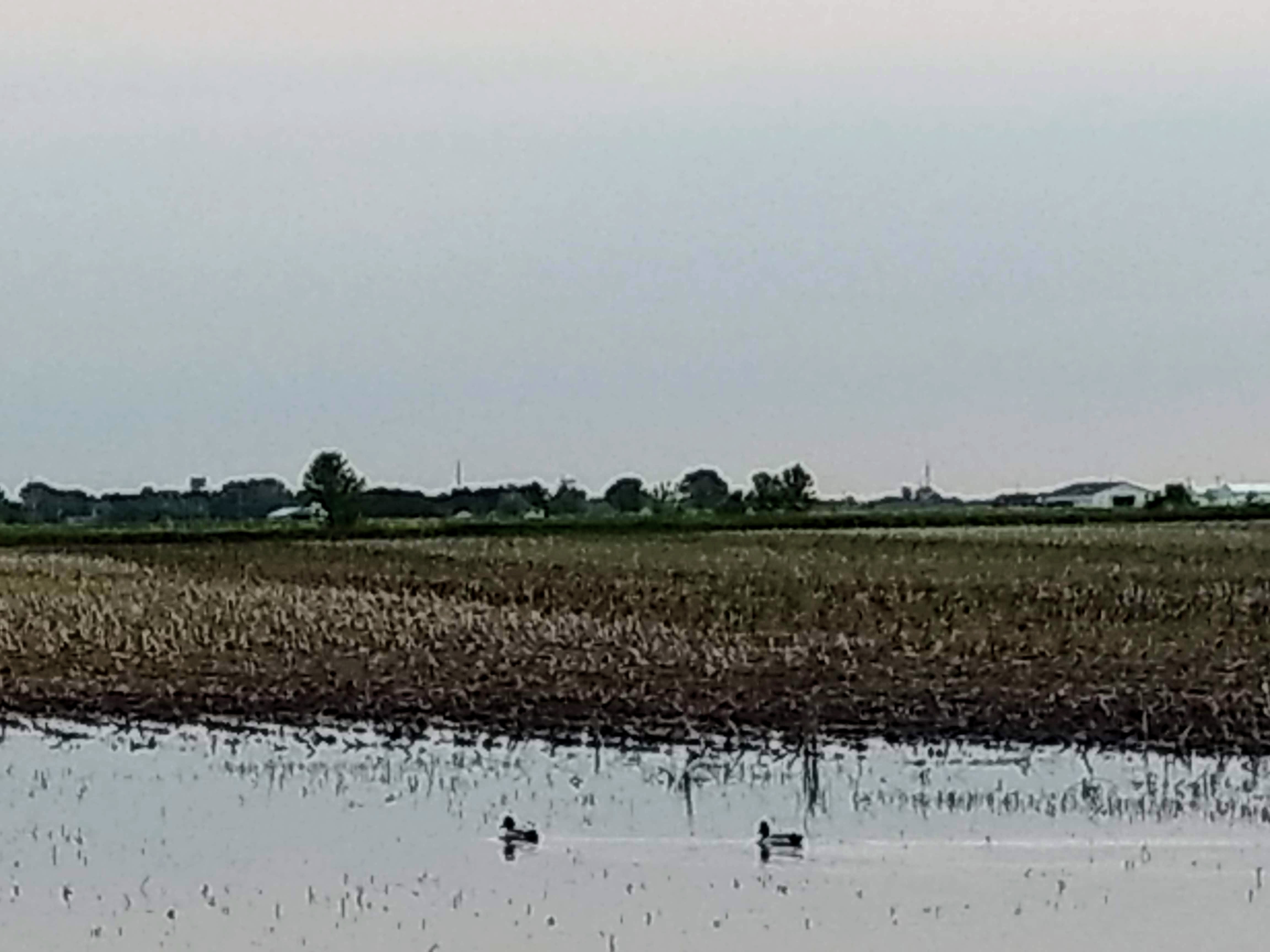 This year’s weather has left large regions of Illinois with acres that have been left unplanted. These acres are covered under Federal Crop Insurance by the Prevented Planting (PP) provision. One of the management decisions that need to be made on these acres is whether to plant a cover crop, and what crop to plant. I propose that soybeans are a viable solution to the cover crop question and have listed some of the difficulties that might come up.
This year’s weather has left large regions of Illinois with acres that have been left unplanted. These acres are covered under Federal Crop Insurance by the Prevented Planting (PP) provision. One of the management decisions that need to be made on these acres is whether to plant a cover crop, and what crop to plant. I propose that soybeans are a viable solution to the cover crop question and have listed some of the difficulties that might come up.
Prevent Plant acres: Leaving PP acres bare is one way to deal with them. This presents a few difficulties, not the least of which is the possibility of the occurrence of fallow syndrome in 2020 corn. Fallow syndrome occurs when beneficial fungal structures die when there are no living roots present. Biologically speaking, weeds CAN supply the fungi with host roots, but then the issue of adding to the weed seed bank, affecting weed control management for years to come, rears its very ugly head. Cover crop soybeans can provide biomass in the form of living roots to help maintain soil health for subsequent years and fix nitrogen to add to the stable organic nitrogen pool in the soil.
Seed availability: Seed supplies of crops traditionally thought of as suitable for cover crops are likely to be extremely tight. Adoption of cover crops overall has seen expanded use in the past several years, and this season will likely strain the supply chain even more. Small grains and tillage radish aren’t hosts for the beneficial fungi, so aren’t ideal choices for PP cover crops. Soybeans are a beneficial fungal host, however, and seed supplies may be more plentiful with treated seed being around that hasn’t been planted and that isn’t easily stored for the winter and can’t be sold as grain. Check with your seed representative for details on this possibility.
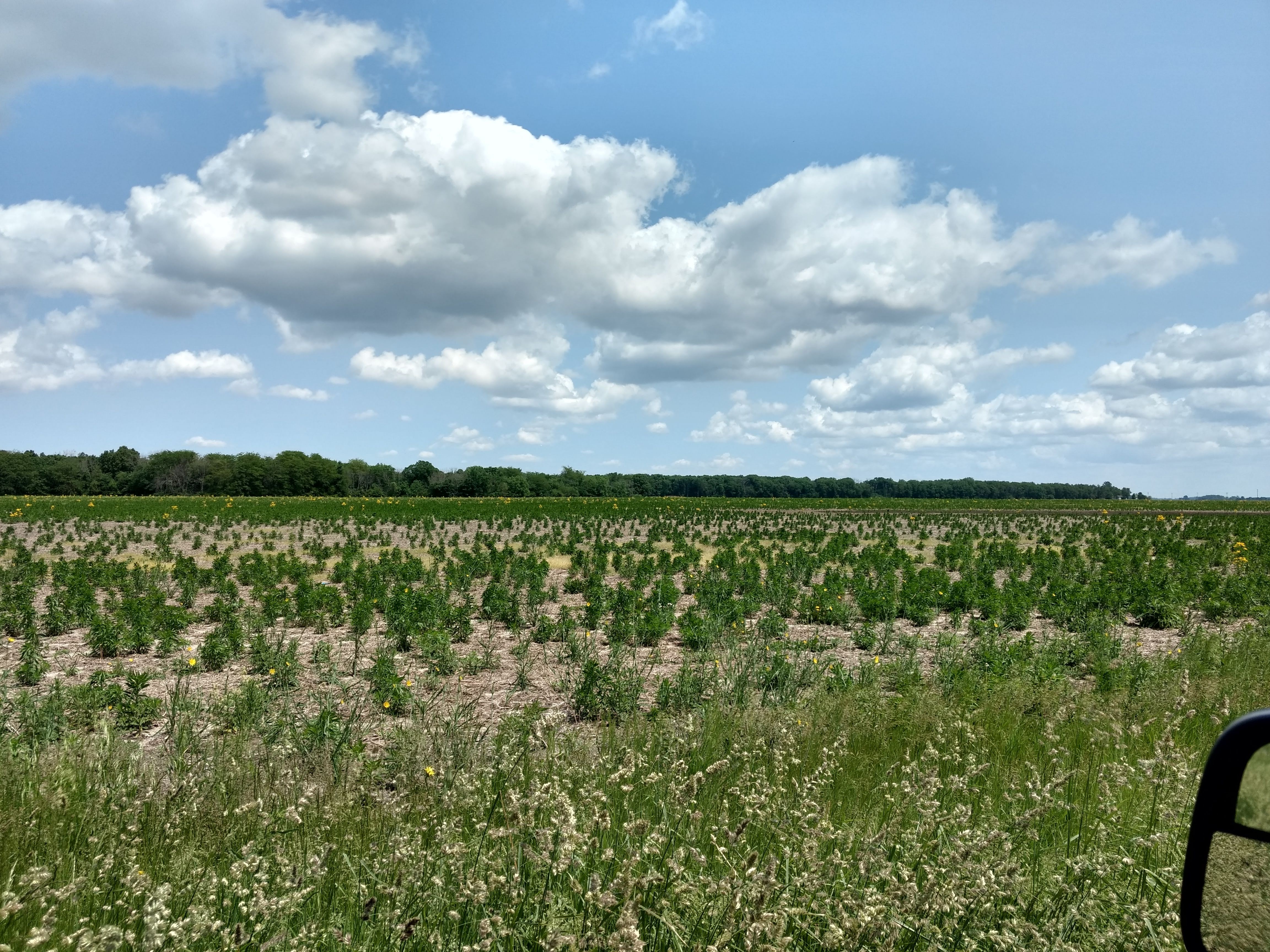 Weed control: If fields weren’t planted, weeds will thrive like the marestail in the image to the right. Weed suppression is another key factor in choosing soybeans for PP cover. Planting population needs to be at a level to quickly achieve a canopy to suppress weed development. We have all experienced weeds that have not been sufficiently suppressed by canopy alone, however. Herbicide options in soybeans as covers are similar to grain soybeans, however new dicamba products for Roundup Xtend™ beans couldn’t be applied past the last application, which was July 15 this year, but normally June 30. Be sure to read the label before treating cover crop beans. Cropping intervals and plant back restrictions are important considerations, and herbicide resistance management comes into play as well.
Weed control: If fields weren’t planted, weeds will thrive like the marestail in the image to the right. Weed suppression is another key factor in choosing soybeans for PP cover. Planting population needs to be at a level to quickly achieve a canopy to suppress weed development. We have all experienced weeds that have not been sufficiently suppressed by canopy alone, however. Herbicide options in soybeans as covers are similar to grain soybeans, however new dicamba products for Roundup Xtend™ beans couldn’t be applied past the last application, which was July 15 this year, but normally June 30. Be sure to read the label before treating cover crop beans. Cropping intervals and plant back restrictions are important considerations, and herbicide resistance management comes into play as well.
Farm equipment: Like weed control, the equipment needed to prepare and plant soybeans for cover crops are familiar. For a few reasons, 30-inch rows are not the optimum spacing for cover crop beans, and even 15-inch spacing may not establish a canopy as rapidly as desired. Here is another area where unconventional thinking may be useful. Drilling in 10 inch or narrower spacing would be a viable choice. Broadcasting, then lightly tilling or rolling might be an option as well.
Whatever you decide upon for dealing with PP acres this season, be sure to communicate with your insurance representative and adjusters before making any final moves. Also, talk with your input suppliers, who may have specific PP programs available.
This is a stressful time for everyone involved in crop production. You are not alone. If you are feeling overwhelmed, reach out and talk to someone who will listen. We understand and want to help.

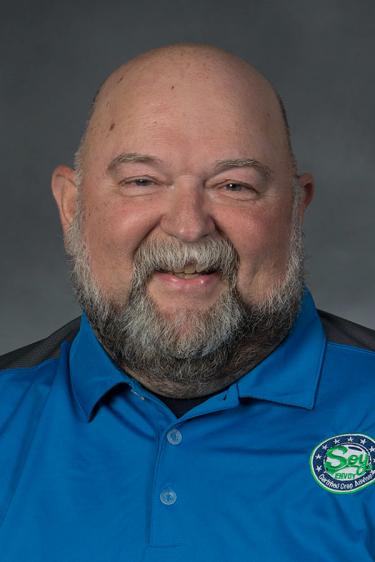

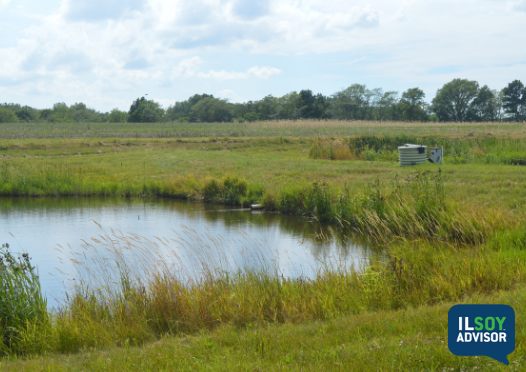
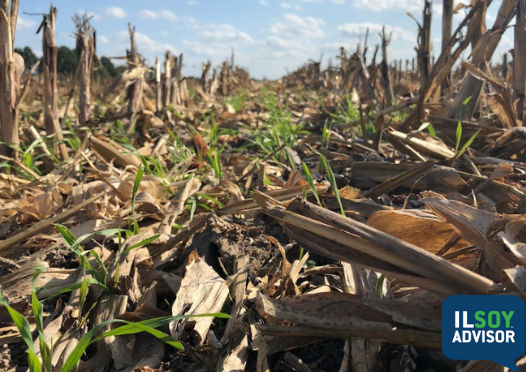
Comments
Add new comment